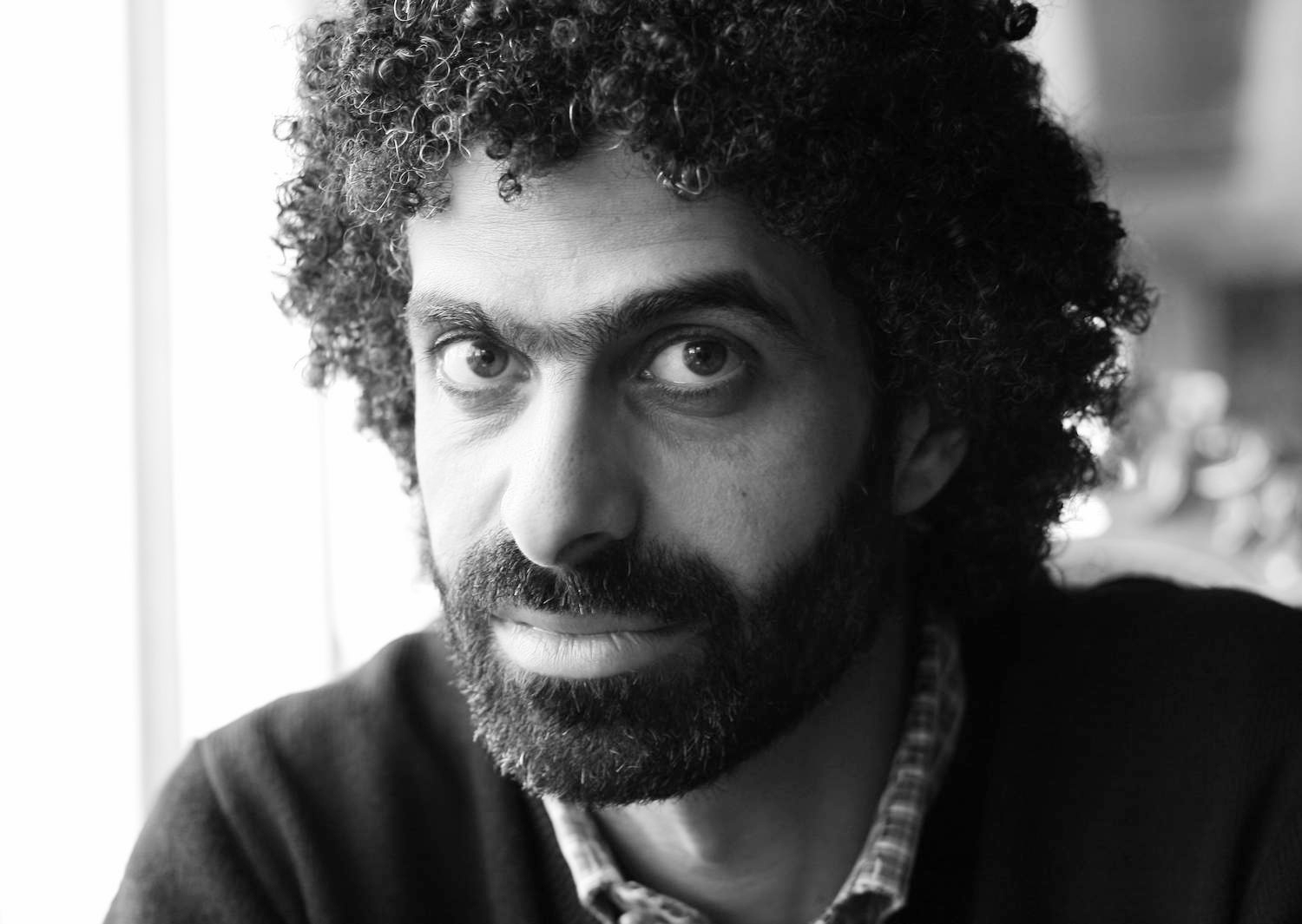BRUSSELS: Franco-Belgian financial group Dexia expects retail banking, particularly in fast-growing Turkey, to propel it to new goals for 2014 after its emergence from crisis and restructuring.
Dexia, which was the world’s largest lender to public bodies before the credit crunch, said income would face pressure this year and next from balance-sheet reduction and higher fund costs, but should rebound from 2012.
The group said before an investor day on Tuesday that retail and commercial banking would represent about 60 percent of sales in 2014 from 36 percent in 2007 and it would have 10 million clients after a rise in Turkey to 6 million from 4 million.
Chief Executive Pierre Mariani also confirmed that Dexia was in talks with France’s Banque Postale about a possible tie-up, which could see Dexia investing the Postale’s deposits in public authorities.
"The group is undergoing a deep restructuring and a deep transformation," Mariani told reporters late on Monday. "We have tried to redesign the foundations but also the common house that Dexia will be in 2014."
Dexia hopes 350 million euros ($488 million) pumped into its banking network in Belgium from 2009 will help it gain market share, particularly among small businesses and wealthy clients.
It will also invest 250 million euros to boost growth of its Turkish unit DenizBank, the ninth-largest bank in Turkey, notably by opening new branches at a faster pace.
The company said its pretax income in 2012 would be about 1.4 billion euros, on a par with the level in 2009, and its core Tier 1 solvency ratio 14 percent under Basel II criteria.
By 2014, pretax income should rise to 1.8 billion euros and its core Tier 1 ratio would stand at 15 percent.
The figures mark a sharp turnaround from the crisis year of 2008, when pretax income was a negative 3.9 billion euros, but reflect a major slimming down since pre-crisis 2007, when pretax income was a positive 2.9 billion euros.
Sharp Reduction of Short-Term Funding
Dexia came unstuck when short-term credit dried up in the depths of the financial crisis in September 2008, since a large proportion of its long-term lending to public authorities was financed by short-term borrowing.
"The business was based on volumes… It was unsustainable," said public and wholesale banking chief Pascal Poupelle.
Dexia received a 6.4 billion euro bailout by France, Belgium, Luxembourg and key shareholders in September 2008 and later won state guarantees for its new borrowing, which it used until June this year.
Dexia has brought its short-term funding down from 261 billion euros, or 45 percent of its balance sheet, in October 2008 to 24 percent last month. Its end-2014 target is 11 percent.
In return for state aid, the European Commission said it must cut its balance sheet by 35 percent by 2014, much of it by selling off its bond portfolio, and divest activities in Italy, Slovakia and Spain and its insurance business in Turkey.
Mariani said Dexia would in the coming days launch a process to find a partner for insurance in Turkey. He gave little comment on divestment plans for the other activities.


